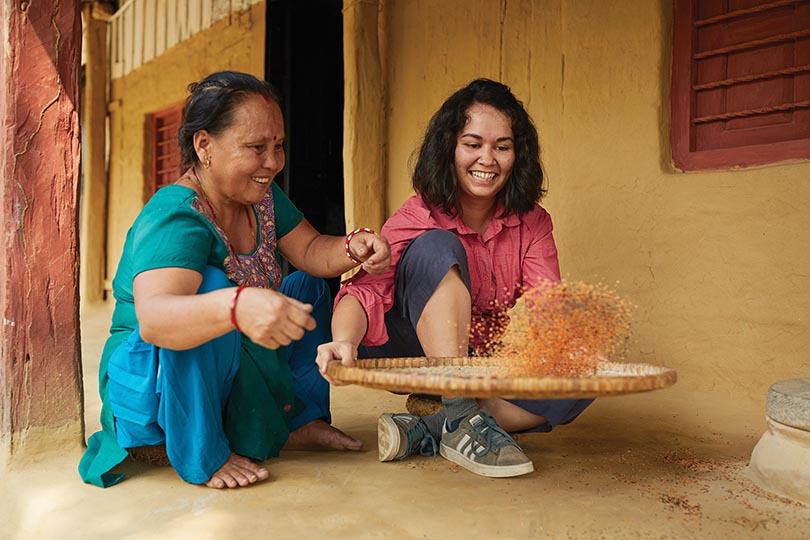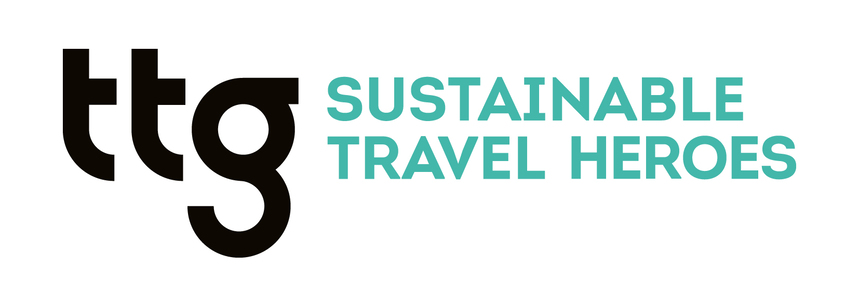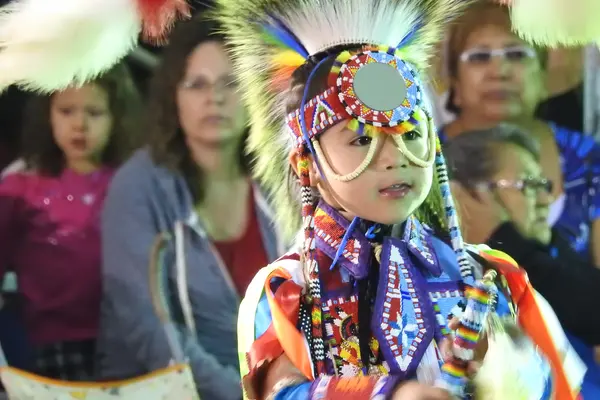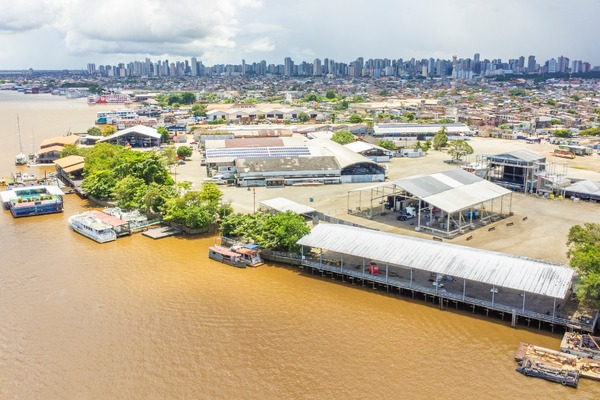Discover community tourism selling tips and bookable trips
Community tourism projects supported by TTG’s Sustainable Travel Heroes include cooking classes in Vietnam and homestays in Nepal. Madeleine Barber explores why this is a rewarding way to travel
Community tourism can be defined as “community-owned, led and run visitor activities and experiences typically for the greater good that uplift marginalised groups such as women, youth, migrants or refugees, the homeless, indigenous populations and the differently abled”.
So says Jamie Sweeting, president of Planeterra Foundation, the leading not-for-profit championing community tourism. It works with suppliers such as G Touring’s Just You and Travelsphere to make these activities more readily available to travel agents and their clients – with a shared mission to “change people’s lives through travel”.
Intrepid Travel, another operator known for its efforts in the community tourism space, says “engaging” and “authentic” are essential characteristics for its trips. Clients can enjoy deeper interactions with locals, engage in memorable experiences, and make better choices in future, because community tourism doesn’t just promise change for the marginalised around the world, it often changes the life and values of the traveller too.
PROJECTS FOR GOOD
Clients on G Touring itineraries in Vietnam visit Planeterra’s Oodles of Noodles project, where they learn to cook noodles like a local. But the teachers here are actually the students; disadvantaged youths using tourism to hone English language and presentation skills to prepare for a career in hospitality they once only dreamed of. They receive tuition, safe housing and health care, with most graduates going on to work at respected hotels, so visitors return home knowing they have made a real difference to someone’s life; a good deed many choose to repeat on future holidays.
Meanwhile, in Nepal, Intrepid has uplifted the residents of Madi, a rural region in Chitwan national park, by adding a night here to its itineraries. Once plagued by elephants and tigers destroying the crops and livestock it relied on for income, the area is now protected by a fence and thriving, with around a third of households operating guesthouses, some with small shops and others maintaining their traditional trade.
“By choosing to include an overnight stay here we’re not only benefitting local people, but giving our travellers a great experience through insight into rural life in Nepal,’ explains Myvawny Costelloe, Intrepid’s community tourism manager.
She adds women in particular have hugely benefitted from the support tourism is providing in Madi: “Having received skills training in hospitality, management, and cooking, the women now have confidence to run their own guesthouse businesses, generate their own income, and for the first time, they feel empowered to decide how that money is spent.”
THE SKY’S THE LIMIT
DOS AND DON’TS
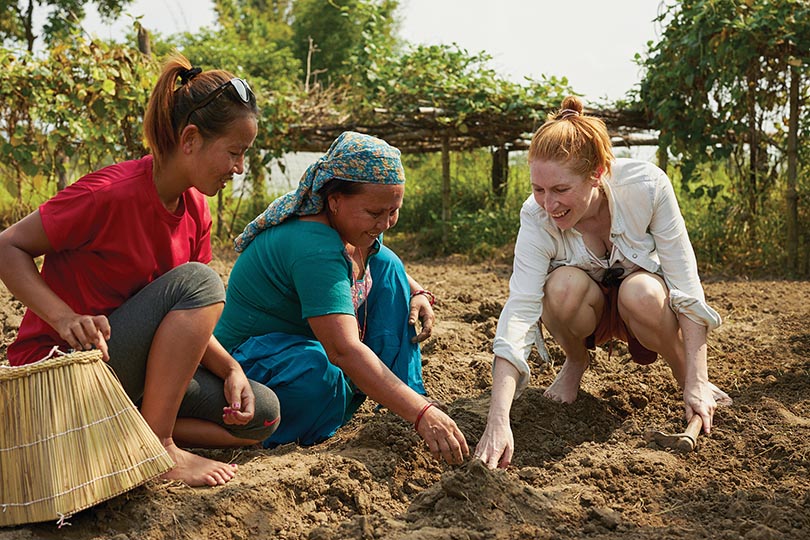
Abta offers guidance on identifying sustainable excursions, including which green and red flags to look out for when seeking community tourism experiences.
DO choose excursions offering a tangible benefit to the local community: financial contributions through buying local food, drinks and other products; economic development opportunities; or offering employment opportunities.
DON’T suggest excursions including visits to, volunteering at or giving money to orphanages, or other organisations running institutional care of children.
DO ask the tour operators you work with to show you their official sustainability credentials.
There’s a misconception community tourism is only worthwhile in poorer nations, but it can be beneficial in more progressive countries too. Avis Budget Group, for example, has partnered with tour operator Not In The Guidebooks to offer community experiences in areas less concentrated with, and so not directly benefitting from, tourism in Norway. Examples include baking Norwegian cakes in a farmhouse in Hafslo and husky-sledding at a family-run business in Tromso.
“We’re helping customers travel off the beaten track and support these local economies,” explains Sophie Nelson, travel and partnerships manager for Avis. “These experiences are in fact so off the beaten track car hire is essential in order to travel there.”
Hurtigruten is also practising community tourism in Norway by utilising local farms and tour operators on its Norwegian Coastal Express voyage. “We believe it’s vital we contribute positively to the communities we visit,” says Mark Walter, head of UK sales. The expedition expert has therefore vowed to respect and support indigenous communities, contribute to the livelihoods and welfare of small coastal societies and maintain year-round activity to ensure communities don’t lose out during low seasons.
It’s statements like this, and taking steps to support local communities, that separate the most sustainable travel companies from the masses. When community tourism uplifts marginalised groups, enlightens travellers and has the potential to encourage clients to come back for more, there’s no reason not to dedicate time to familiarising yourself with, promoting and selling these types of responsible holidays – and you just might change some lives in the process.
BOOKABLE BREAKS
Travelsphere’s Epic Peru tour includes a visit to Planeterra’s Ccaccaccollo Women’s Weaving Workshop, which creates economic opportunities for women in the local indigenous community through the sale of goods such as hats, socks and jumpers woven from llama and alpaca wool. Prices for the 16-day trip start at £3,449pp, including flights from London, for departures from September 2022.
- travelsphere.co.uk
Hurtigruten’s Disko Bay – The Heart of Greenland cruise sees guests visiting the local communities of Qaqortoq, Sisimiut and Maniitsoq, where they’ll have the opportunity to purchase traditional crafts while learning about local culture. Cruise-only price for the 16-day trip starts from £6,343pp, with arrival or departure packages from London available from £498pp (regional airports available at a supplement). There are eight departures between June 2022 and July 2023.
- hurtigruten.co.uk
Intrepid Travel’s 16-day Scenic Vietnam tour (£1,879pp, including flights from London and based on a 10 January 2023 departure) features a homestay in Da Bac. Visitors will get to know their hosts over authentic, home-cooked meals in traditional Muong stilted houses while knowing their contribution is helping marginalised families improve their living conditions and educate their children.
- intrepidtravel.com
Find more sustainability tips and advice at ttgmedia.com/sustainabletravelheroes.

